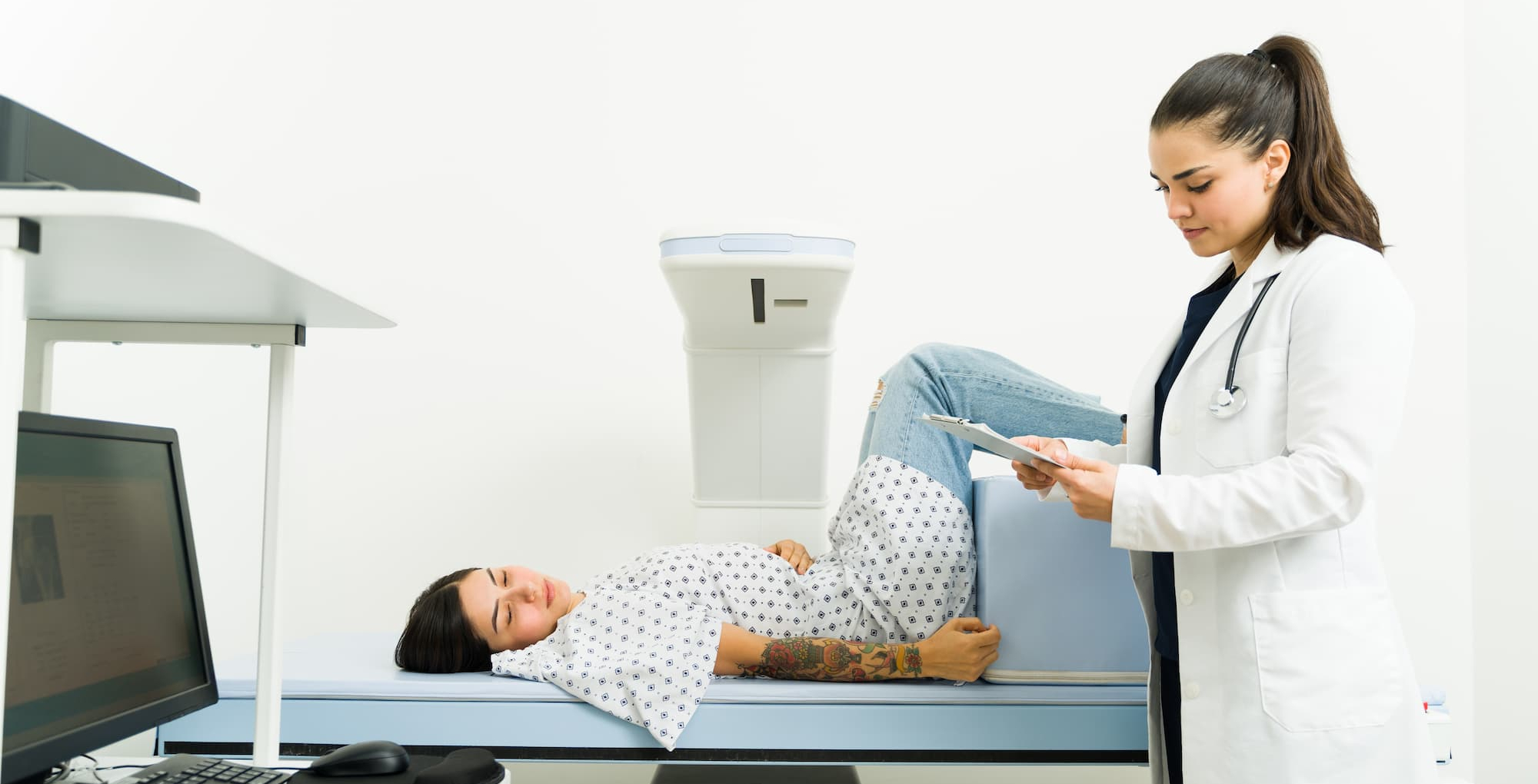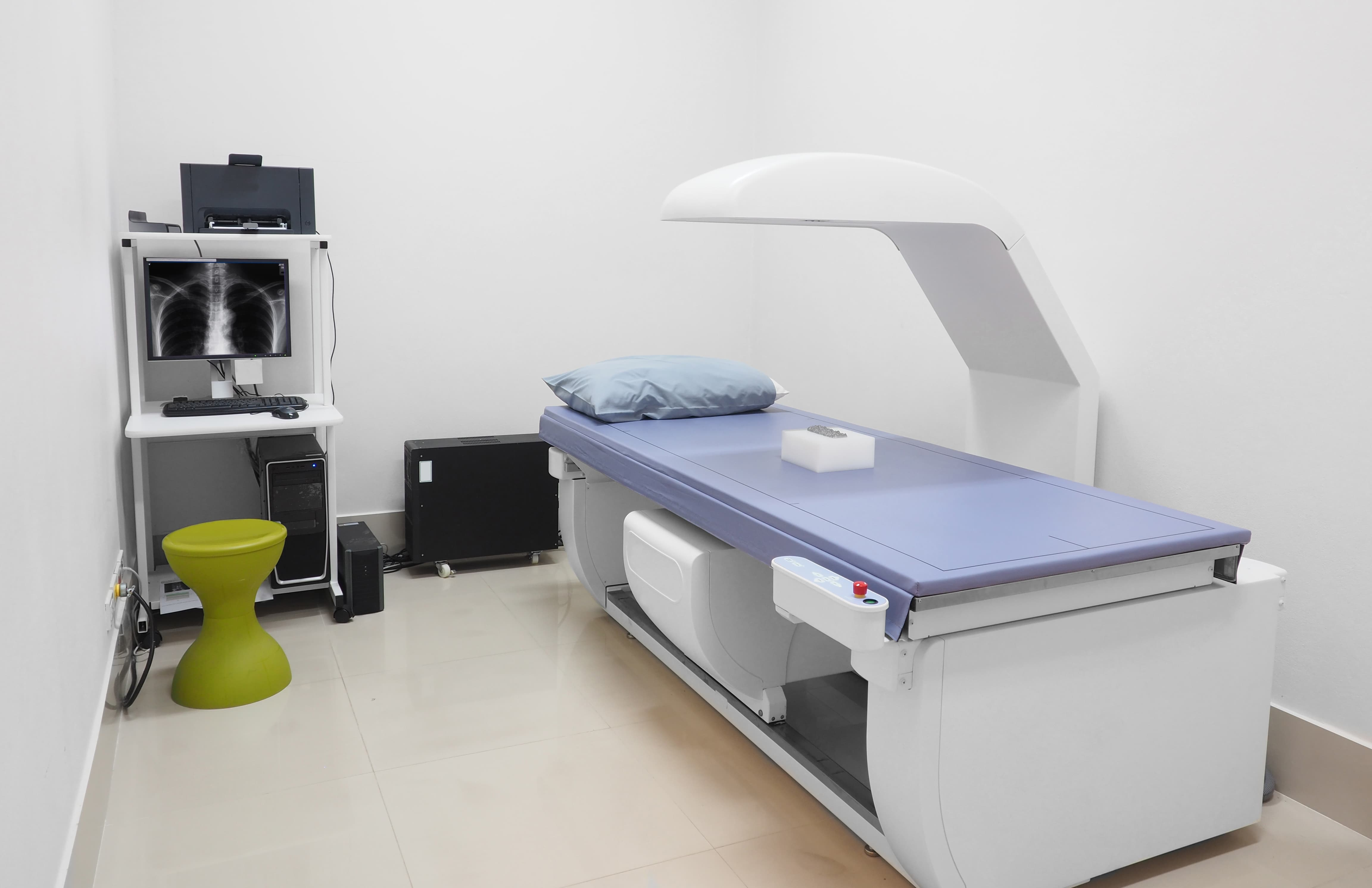Have you ever wondered why some types of body fat are more concerning than others? Visceral fat is a particular kind of fat stored deep within your abdomen, surrounding vital organs like your liver, intestines, and pancreas. Unlike the fat just under your skin that you can pinch, visceral fat is hidden but significantly impacts your health. Let’s look at why knowing about visceral fat is essential and how it differs from other types of fat.
What makes visceral fat so bad?

You may have heard about it – visceral fat is considered toxic. This type of fat is not merely a passive storage of energy but an active tissue that secretes inflammatory chemicals and hormones. These substances can lead to serious health issues, including diabetes, hypertension, heart disease, and certain cancers. The presence of visceral fat can significantly impact your overall health, making it crucial to monitor and manage.
10 reasons why visceral fat should be monitored

1It increases risk of cardiovascular disease
Visceral fat is closely linked to an elevated risk of heart disease. It contributes to higher blood pressure, elevated blood sugar levels, and increased triglycerides, while lowering HDL (good) cholesterol levels. These factors combine to create metabolic syndrome, a significant risk factor for cardiovascular diseases.
2It raises likelihood of Type 2 diabetes
The inflammatory signals produced by visceral fat can cause insulin resistance, leading to type 2 diabetes. Insulin resistance means that your body’s cells don’t respond effectively to insulin, resulting in high blood sugar levels.
3It has association with dementia
Research indicates that high levels of visceral fat in midlife can nearly triple the risk of developing dementia, including Alzheimer’s disease, later in life. The inflammation caused by visceral fat is believed to impact brain health adversely.

4It’s linked to asthma
Women with high visceral fat are more likely to develop asthma, even if they have a normal weight. The inflammation associated with visceral fat can affect the airways, increasing asthma risk.
5It’s linked to increased breast cancer risk
Premenopausal women with higher abdominal fat have a greater risk of developing breast cancer. The hormonal changes and inflammation caused by visceral fat contribute to this increased risk.
6Higher risk of colorectal cancer
Individuals with significant visceral fat are three times more likely to develop precancerous polyps in the colon. The inflammatory environment created by visceral fat can promote the development of cancerous cells.
7It contributes to metabolic syndrome
Metabolic syndrome is a cluster of conditions that increase the risk of heart disease, stroke, and diabetes. Visceral fat plays a key role in developing metabolic syndrome by contributing to high blood pressure, high blood sugar, and abnormal cholesterol levels.

8It impacts liver health
Visceral fat accumulation can lead to non-alcoholic fatty liver disease (NAFLD). This condition is characterised by excess fat stored in the liver, which can lead to liver inflammation and damage, increasing the risk of liver cirrhosis and cancer.
9It raises risk of hypertension
The inflammatory signals produced by visceral fat can lead to chronic high blood pressure. Hypertension is a major risk factor for heart disease and stroke, making the management of visceral fat critical for cardiovascular health.
10 Potential for inflammatory diseases
Visceral fat is associated with higher levels of inflammation throughout the body. This chronic inflammation can contribute to various inflammatory diseases, such as rheumatoid arthritis and other autoimmune conditions.
How to monitor your visceral fat

Monitoring visceral fat can be done through several methods. Medical imaging techniques like CT scans and MRI provide precise measurements but are often expensive and not always accessible. Bioelectrical impedance scales and dual-energy X-ray absorptiometry (DEXA) scans offer more accessible options. Additionally, measuring waist circumference can give a rough estimate of visceral fat levels.

Maintaining a healthy diet, regular exercise, and consulting with healthcare providers for personalised assessments are key strategies in managing visceral fat.
Let’s sum up!

Visceral fat, located deep within the abdominal cavity, poses significant health risks due to its role in producing inflammatory chemicals and hormones. Monitoring visceral fat is crucial as it is linked to various serious health conditions, including cardiovascular disease, type 2 diabetes, dementia, asthma, and certain cancers. Understanding and managing visceral fat through regular monitoring and lifestyle changes can significantly improve your overall health and reduce the risk of chronic diseases.






